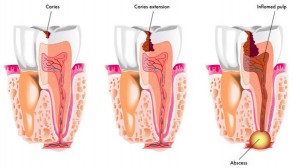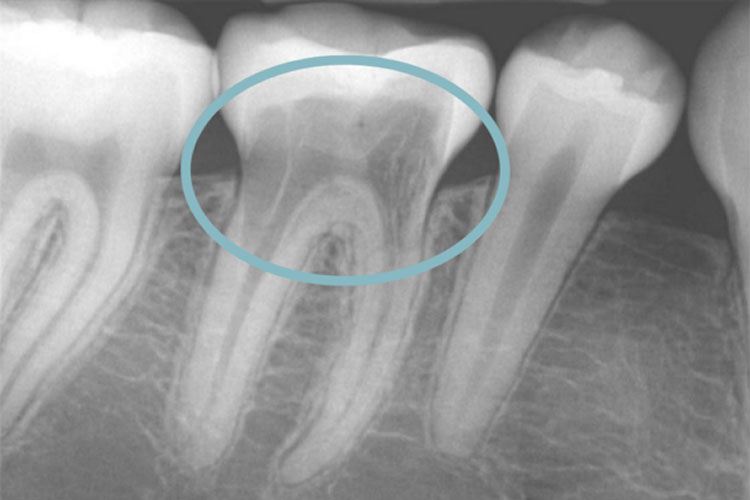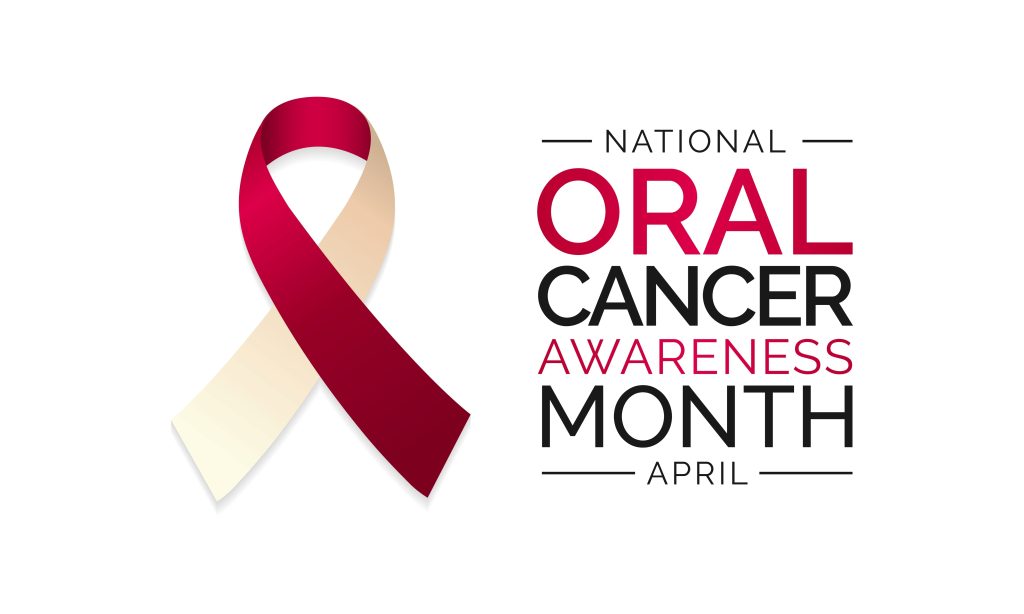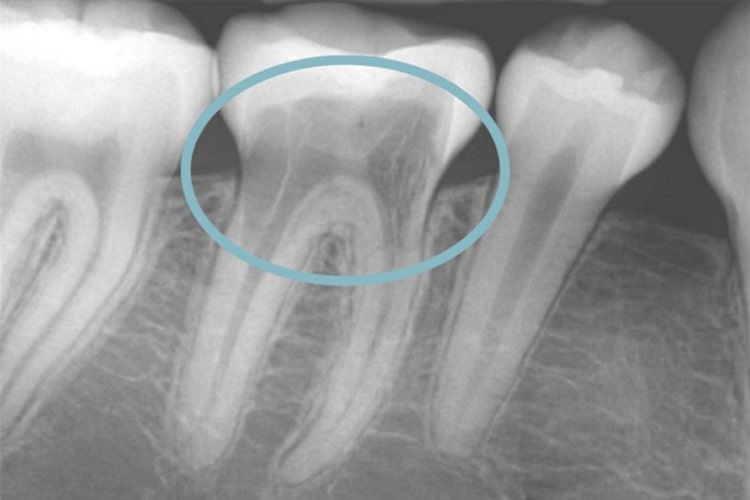
What causes cavities and why is it such a common disorder? Dental cavities happen when a lot of bacteria are present in the mouth, and these bacteria produce an acid that eats away at teeth. This acid is what creates the dental decay that people call cavities.
Poor Oral Hygiene and Other Causes
One of the main reasons why decay occurs is poor dental hygiene. Not brushing your teeth, or even simply washing these out after a meal if you cannot get to a toothbrush right there and then, opens your mouth up to the possibility of decay. Brushing at least twice a day is recommended, with the number of times you clean your teeth supposedly increasing with the number of times you eat.
Your food choices also play a role in the creation of cavities. It is a given that sweet, sugary foods are considered the worst kind of food you can ingest when it comes to this problem. Sugar is turned into acid by the bacteria, which then destroys the tooth, creating cavities. When you eat food that is high in carbohydrates as well, you are essentially creating an ideal environment for bacteria to grow.
Younger children who are still on the bottle can also develop cavities if you allow them to go to bed with a bottle of milk or juice with them. If they fall asleep with the bottle in their mouth, and the juice or milk pooling around their teeth, bacteria will begin the same cycle of turning the sugary, high-carbohydrate liquid in your baby’s mouth into acid. This will destroy your baby’s teeth even before all of them are out.
Older people are also prone to cavities and decay due to receding gums that expose the roots of their teeth. This problem is often compounded by dry mouth issues, which reduces the production of saliva, which then encourages the growth of more bacteria. Saliva helps reduce acid levels in the mouth, as well as washes away any food residues in the mouth. This kind of a situation brings about what is called root caries.
Prevention and Treatments
In order to prevent the proliferation of cavities in your mouth, a good dental hygiene regimen is needed. You should brush and floss at least twice a day with a good fluoride toothpaste. You can also ask your dentist to strengthen your teeth with sealants or fluoride treatments to increase your teeth’s resistance to decay. It is also a good idea to reduce your intake of sugary and high-carbohydrate food in a day.
Other habits that you should also try to develop in order to help reduce the increase of acid producing bacteria in your mouth include gargling with a bacteria killing mouthwash after meals. You should also consider bringing sugar free gum with you when you eat out, since this would mean you won’t be able to brush your teeth immediately after the meal. Chewing sugarless gum after a meal will encourage the production of saliva, which helps reduce bacteria in your mouth and washes out any food residue on your teeth.
If you do find yourself with cavities, your dentist will need to treat these in order to prevent further damage. The decay will have to be removed from the infected teeth, and the cavity filled with a filling made out of composite resin, porcelain, or silver alloy. If the decay has eaten into the tooth substantially, a crown or a cap may be required. If the decay has reached the root of your tooth, then a root canal may be the solution to such a problem.
- Unraveling the Enigma of Tooth Resorption - April 24, 2024
- Detecting Oral Cancer Early: The Importance of Regular Screenings - April 7, 2024
- The Ultimate Guide to Dental Hygiene: Tips for a Healthy Smile - March 31, 2024









